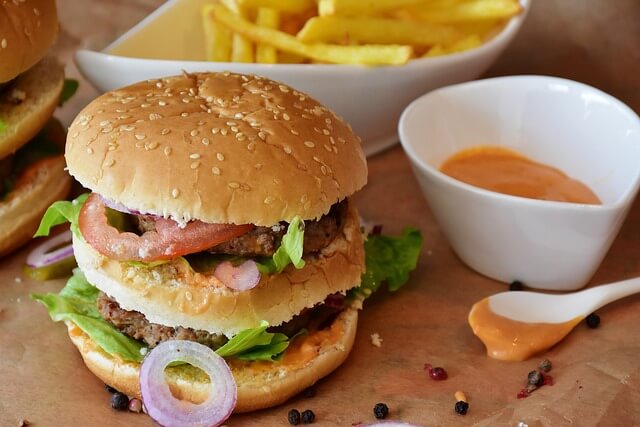The french fries and donuts you crave might be undermining your ability to find your way around, according to groundbreaking new research from the University of Sydney. In a first-of-its-kind human study published in the International Journal of Obesity, scientists have discovered that diets high in fat and sugar impair spatial navigation—the brain’s ability to remember locations and routes.
Using a virtual reality maze that participants navigated to find a hidden treasure chest, researchers found that young adults who frequently consumed foods high in saturated fats and refined sugars performed significantly worse at remembering the chest’s location compared to those with healthier diets.
“The good news is we think this is an easily reversible situation,” said Dr. Dominic Tran from the Faculty of Science’s School of Psychology, who led the research. “Dietary changes can improve the health of the hippocampus, and therefore our ability to navigate our environment, such as when we’re exploring a new city or learning a new route home.”
Most surprising was that these cognitive effects remained significant even after controlling for body mass index and working memory, suggesting that diet influences brain function independently of weight or general cognitive ability. The findings indicate that the hippocampus—a brain region crucial for spatial memory and navigation—may be particularly vulnerable to unhealthy dietary patterns.
The study builds on a substantial body of animal research showing that rats fed high-fat, high-sugar diets quickly develop spatial memory deficits, often before any significant weight gain occurs. This new research provides compelling evidence that similar effects occur in humans, and at younger ages than previously recognized.
In the experiment, 55 university students navigated a virtual maze surrounded by landmarks six times to locate a treasure chest. During a seventh trial, participants had to identify the chest’s former location from memory alone. Those consuming fewer fatty and sugary foods consistently pinpointed the location more accurately.
“We’ve long known eating too much refined sugar and saturated fat brings the risk of obesity, metabolic and cardiovascular disease, and certain cancers,” Dr. Tran explained. “This research gives us evidence that diet is important for brain health in early adulthood, a period when cognitive function is usually intact.”
The findings arrive amid growing concern about Western dietary patterns and their long-term impacts on brain health. While previous research has linked poor diets to faster cognitive decline in middle-aged and older adults, this study suggests that even young adults may experience immediate cognitive effects from their dietary choices.
For the navigationally challenged who rely heavily on GPS technology, the implications are clear—that extra helping of fries might be making your internal GPS even less reliable. The good news? Unlike age-related cognitive decline, diet-induced spatial deficits appear potentially reversible through healthier eating habits.
As researchers continue investigating the connection between diet and brain function, this study offers compelling evidence that the foods we choose affect not just our waistlines, but our ability to navigate and remember the world around us.
If our reporting has informed or inspired you, please consider making a donation. Every contribution, no matter the size, empowers us to continue delivering accurate, engaging, and trustworthy science and medical news. Independent journalism requires time, effort, and resources—your support ensures we can keep uncovering the stories that matter most to you.
Join us in making knowledge accessible and impactful. Thank you for standing with us!

